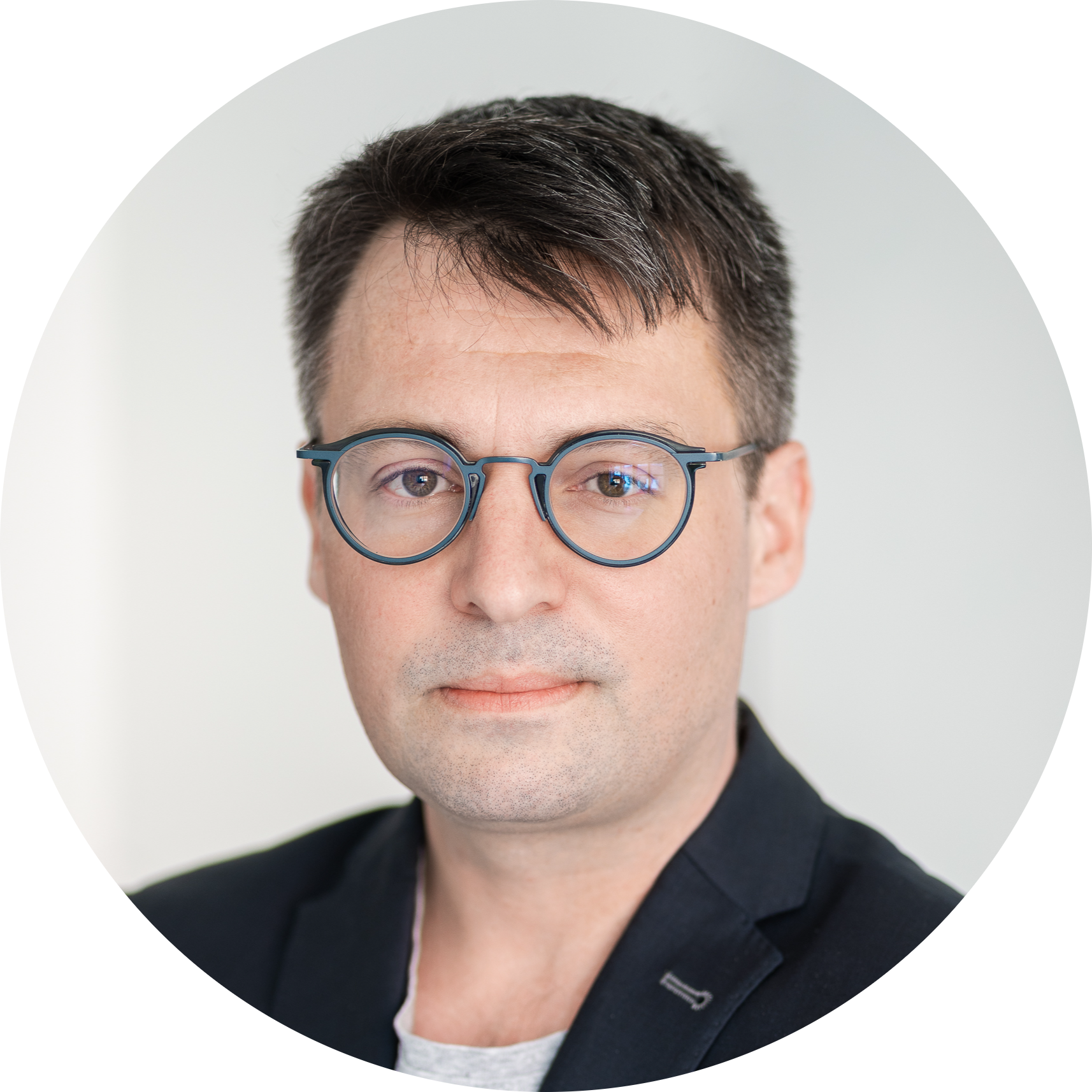Thinking the Non Human and the Climate Crisis
Abstract
For more information about this event and the poster, please visit this webpage.
Workshop description:
According to David Schenck and Larry R. Churchill, bioethics has failed to address the challenges posed by the climate crisis and the Anthropocene. Their remarks hint at something identified earlier by Donna Haraway, who argued in When Species Meetthat most of contemporary bioethics "acts as a regulatory discourse after all the really interesting, generative action isover". In other words, bioethics has been mainly concerned with defining legal and prescriptive frameworks for (bio-)medical practices, not so much with nature, its biodiversity and climate crisis. In response to this failure, Haraway, Schenck and Churchill foreground the importance of conceptualising – and practicing –care for both the human and nonhuman as part of the bioethical agenda. Taking inspiration from this, the Interdisciplinary Research Lab for Bioethics (IRLaB, based at the Department of Applied Philosophy and Ethics of the Institute of Philosophy of the Czech Academy of Sciences) is hosting a workshop for early stage researchers working on the ethical issues of the non-human and the environmental crisis. In cooperation with IRLaB, the workshop is organized by Julita Skotarska, a PhD candidate from the Department of Philosophy and Religious Studies at Charles University. The event aims to present ongoing projects in Prague and its vicinity and deepen cooperation between different local academic institutions. It stems from recognition of the benefits that networking and learning from others working on similar subjects at a similar stage could bring both individually and collectively. It will also enable greater integration of scholarly attention dedicated to the non-human and environmental crisis in the Czech Republic. The event aims to present ongoing projects in Prague and its vicinity and deepen cooperation between different local academic institutions. It stems from recognition of the benefits that networking and learning from others working on similar subjects at a similar stage could bring both individually and collectively. It will also enable greater integration of scholarly attention dedicated to the non-human and environmental crisis in the Czech Republic. The event aims to present ongoing projects in Prague and its vicinity and deepen cooperation between different local academic institutions. It stems from recognition of the benefits that networking and learning from others working on similar subjects at a similar stage could bring both individually and collectively. It will also enable greater integration of scholarly attention dedicated to the non-human and environmental crisis in the Czech Republic.
Schedule
9.30 am: Welcome and introductory remarks
Session 1 Animal ethics
9.45: “Rawlsian Contractualism and Non-Human Animals”, Areti Theofilopoulou (IRLab, Institute of Philosophy, Academy of Sciences)
10.15: “Does the Dog (have to) Know He is a Dog? The Enactive Approach and the Ethics of Understanding Non-Human Animal Cognition", Mira Tan Reyes (Centre for Ethics, University of Pardubice)
10.45: Q&A / Discussion (30 min)
11.15: 15-minute break
Session 2 Nonhuman-agency
11.30: "The Problem of Agency in the Global Climate Crisis", İrem Güven (Centre for Ethics, Pardubice University and Leiden University)
12.00: “Speculating on Glacial Subjectivity – Posthuman Reflections from Research Stay in Iceland”, Julita Skotarska (Department of Philosophy and Religious Studies, CharlesUniversity)
12.30: Q&A / Discussion (30 min)
13.00-14.30: Lunch
Session 3 Approaches and reactions to climate crisis
14.30: "Attitudes towards the Environment, Their Ethical Relevance and the Possibilities of Their Transformation", David Rozen (Centre for Ethics, University of Pardubice)
15.00: "Existential-Phenomenological Perspective on Ecological Emotions", Petr Vaškovic (Department of Philosophy and Religious Studies, Charles University)
15.30: Q&A / Discussion (30 min) 16.00: 30-minute break 16.30: Discussion (30 min)
17.00: Concluding comments, etc.

